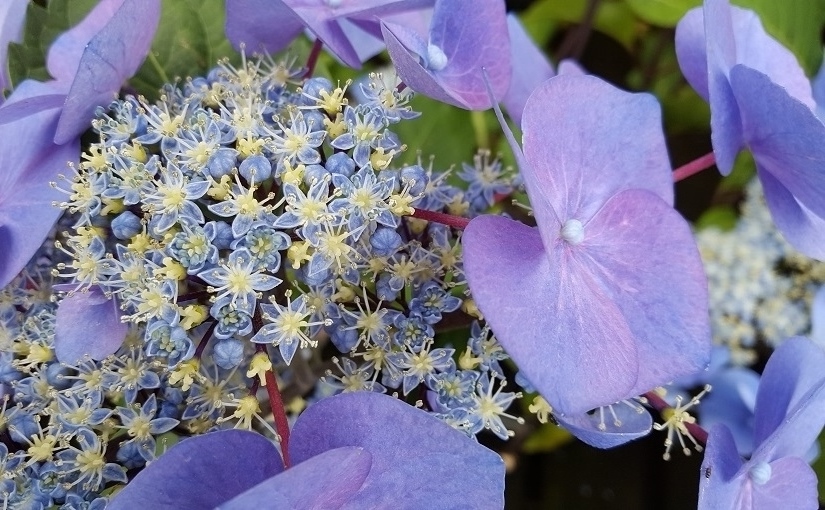“The fact that some choice is good doesn’t necessarily mean that more choice is better” is the central premise of “The Paradox of Choice” by Barry Schwartz, a fascinating and readable book exploring some psychology behind the spread of consumerism and ways we might go about managing that reality.
Schwartz starts with ideas around freedom, pointing out “we do ourselves no favor when we equate liberty too directly with choice, as if we necessarily increase freedom by increasing the number of options available” as “clinging tenaciously to all the choices available to us contributes to bad decisions, to anxiety, stress, and dissatisfaction”.
Drawing attention to the volume of choice in education, entertainment, finance, health and beauty, belief, relationships, and even identity, Schwartz observes “we now face a demand to make choices that is unparalleled in human history”. It’s interesting to see this summarised succinctly and humorously, and it naturally raises questions about the cumulative effect. If this is ‘how life is’, can we consciously navigate it?
The book addresses this by examining the process of decision making: setting and evaluating goals; identifying and selecting from options; attempts to influence us below our conscious awareness; and the challenge of finding reliable information, given all that’s now online.
This, of course, is the essence of our economic system: that “individual freedom of choice ensures the most efficient production and distribution of society’s goods” (see Notes One). And as humans we naturally want to belong, progress, and make the best of life and the options we’re given; but what’s the subjective cost of it all, in terms of satisfaction and peace of mind?
If “our most fundamental sense of well-being crucially depends on our having the ability to exert control over our environment and recognizing that we do”, then “perhaps there comes a point at which opportunities become so numerous that we feel overwhelmed”.
Schwartz goes on to consider links between happiness, money, and restrictions on freedom: how commitments such as marriage, religion and other social ties essentially limit us in a way but also serve to give life meaning and happiness. Perhaps excessive freedom and choice might diminish our sense of control, leading to feelings of helplessness or depression.
Ways we regret what we do and don’t do; how the burden of choice can lead to feelings of incapacity; and our inclination to compare outcomes with hopes, expectations, and experiences of others certainly hint at quite considerable psychological impacts. If ‘having to choose’ creates all this mental baggage, then maybe the wiser choice is to create limits for our own well-being (as much as anything else).
It’s a book with simple advice and far-reaching implications, bringing to mind the conclusions of Aldous Huxley in “Brave New World Revisited” about whether people might relinquish the burden of choice even though “without freedom, human beings cannot become fully human and that freedom is therefore supremely valuable”. We are free, but choices come at a cost; so being clear what we’re doing seems pretty important.
Notes and References:
“The Paradox of Choice. Why more is less” by Barry Schwartz, (HarperCollins, New York), 2004.
Note 1: Fashion, self & environment
Note 1: Is sustainable design an impossibility?
Note 1: Money as a pivot of matter & intention
Note 1: The business of spiritual ideas
Note 1: Why listen to media that exists to profit?
Note 1: Culture selling us meaning
On a similar note, Need to stand alone & think for ourselves looked at these ideas of deciding our own path in life.










